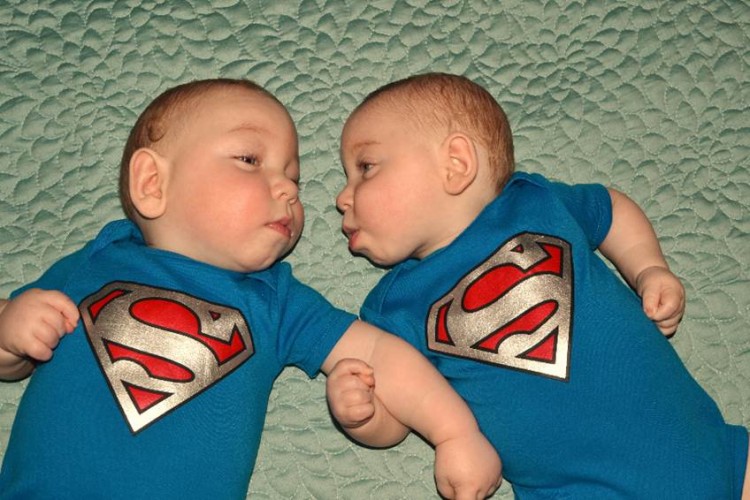Medical Marijuana. I’m just going to throw the words out there now, because for some reason they cause discomfort. And I think “uncomfortable” is a good place to start.
I watched the documentary “Growing Hope” on NBC, which is about the fight for medical marijuana for epileptic kids and now I’m having a hard time staying quiet about the topic.
It’s fascinating to me that a treatment that has shown such marked potential gets so much push back. When getting rid of seizures is notoriously difficult, and in some cases considered impossible, this drug with so much potential is being squashed by legislation.
I’m not here to debate its efficacy, or defend its long-term use, or say that I know for a fact it will work. I’m here to complain that I can’t speak to those things because we’ve yet to have the chance to find out.
I can tell you that the seizure medication Phenobarbital knocked my boys out so badly that they lost the ability to breathe or eat on their own. We spent weeks in the NICU trying to figure out what cocktail of drugs would allow them to wake up enough to go home. I can tell you that while ACTH (Adrenocorticotropic Hormone), another seizure treatment, worked nicely initially, coming off of it led to an immunity crash that my son Landon almost didn’t survive.
I can tell you tomorrow we’re going to a vision appointment because being on Sabril requires routine checkups to ensure there hasn’t been permanent vision loss. I can tell you that despite being on four seizure treatments at the time, Landon had a seizure in the night that almost led to his death just a few short weeks ago.
I could list all of the potential side effects we’ve exposed the boys to in the name of seizure treatment, but you’ll quit reading long before I reach the end. Yet, for some reason, when the word “marijuana” is involved, people get uncomfortable.
Ironically, many seizure treatment strains are made from plants that are so low in THC (tetrahydrocannabinol), which is the chemical that produces many of marijuana’s psychological effects, that they are considered hemp and don’t even produce the “high” that is causing a lot of the social stigma. But honestly, considering the extreme and known side effects of currently approved and socially accepted drugs, I find that irrelevant. We’ve known for years there is potential, yet it has been socially downgraded and politically ignored for far too long.
I’ve met a lot of wonderful people in our journey with the boys. Everyone’s story is different. But when it comes to seizures, there is a common thread — despite countless drugs, steroids, diets and surgeries, very few find success. In the end, the seizures almost always win the war. And while there is no guarantee medical marijuana, hemp plants and CBD oils will change that in every circumstance, I can’t for the life of me figure out why someone in a suit who is unaffected by it says the medical community shouldn’t give it a fair shot.
For now, I just ask that when you hear about hemp and marijuana plants, or plant-based CBD oils being used as seizure treatments, you stop picturing Jay and Silent Bob, and start picturing kids like my sons, Landon and Nolan.
And somewhere out there, if you’re someone in power who could help advocate for the research and legislation needed and you’re still sleeping on it, understand this: I go to bed every night praying this isn’t the night a seizure quietly wins.
So while you’re “sleeping on it,” moms like me aren’t getting any rest.
A version of this post originally appeared on Mama Laughs.
The Mighty is asking the following: What’s one commonly held opinion within the community surrounding your disability and/or disease (or a loved one’s) that doesn’t resonate with you? If you’d like to participate, please send a blog post to community@themighty.com. Please include a photo for the piece, a photo of yourself and 1-2 sentence bio. Check out our “Share Your Story” page for more about our submission guidelines.
Want to help spread awareness around disability and disease? Like us on Facebook.
And sign up for what we hope will be your favorite thing to read at night.

